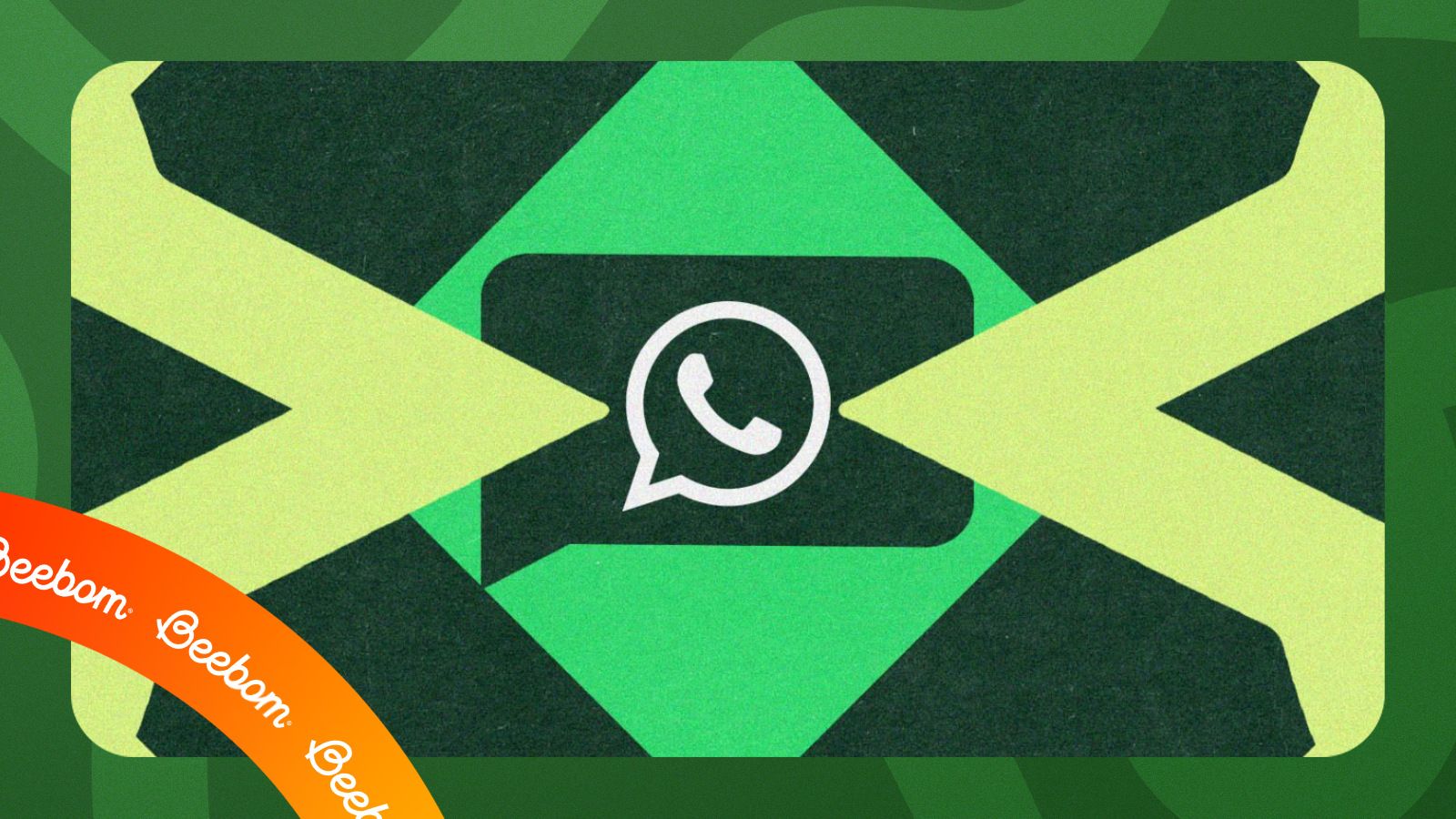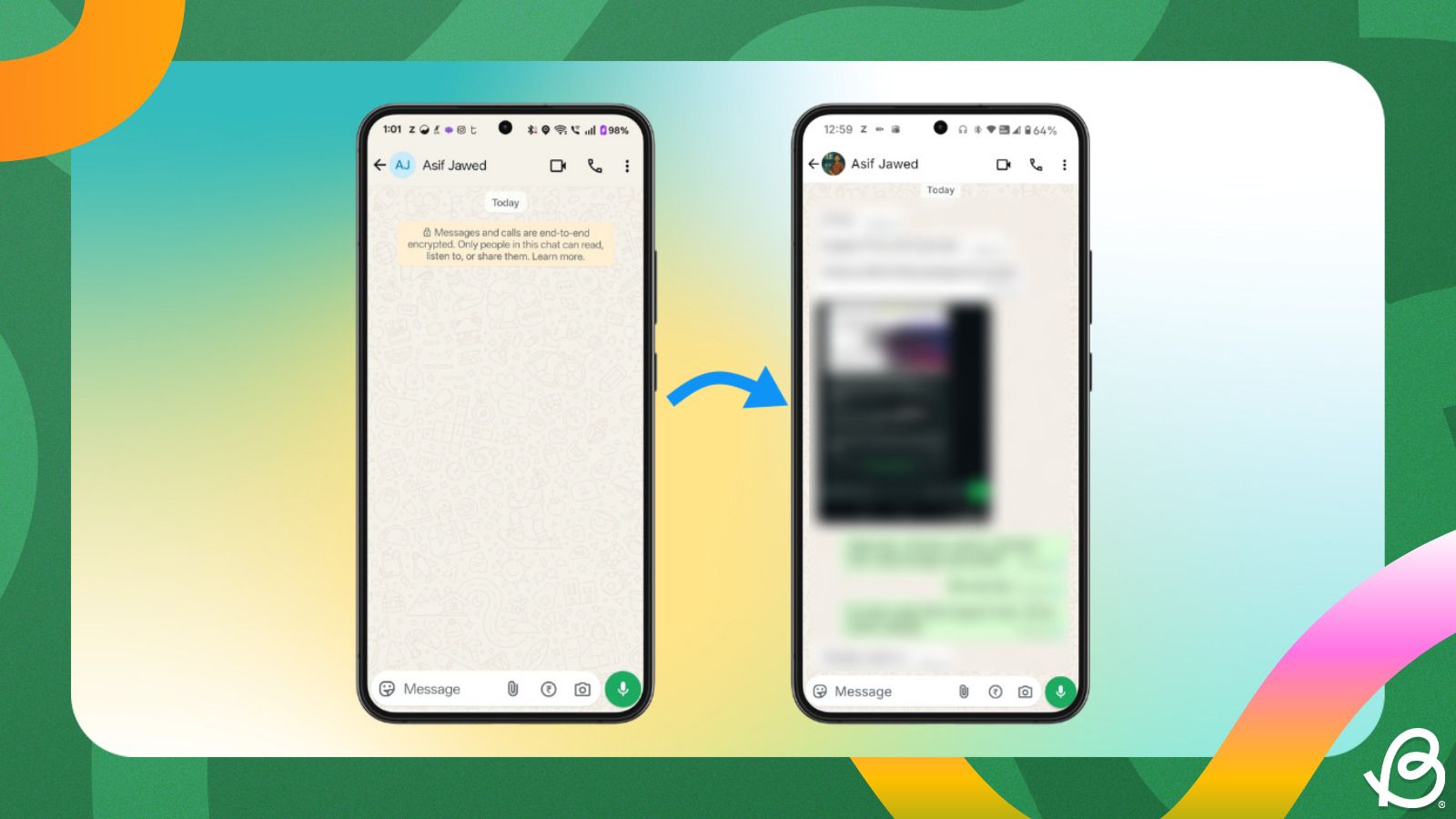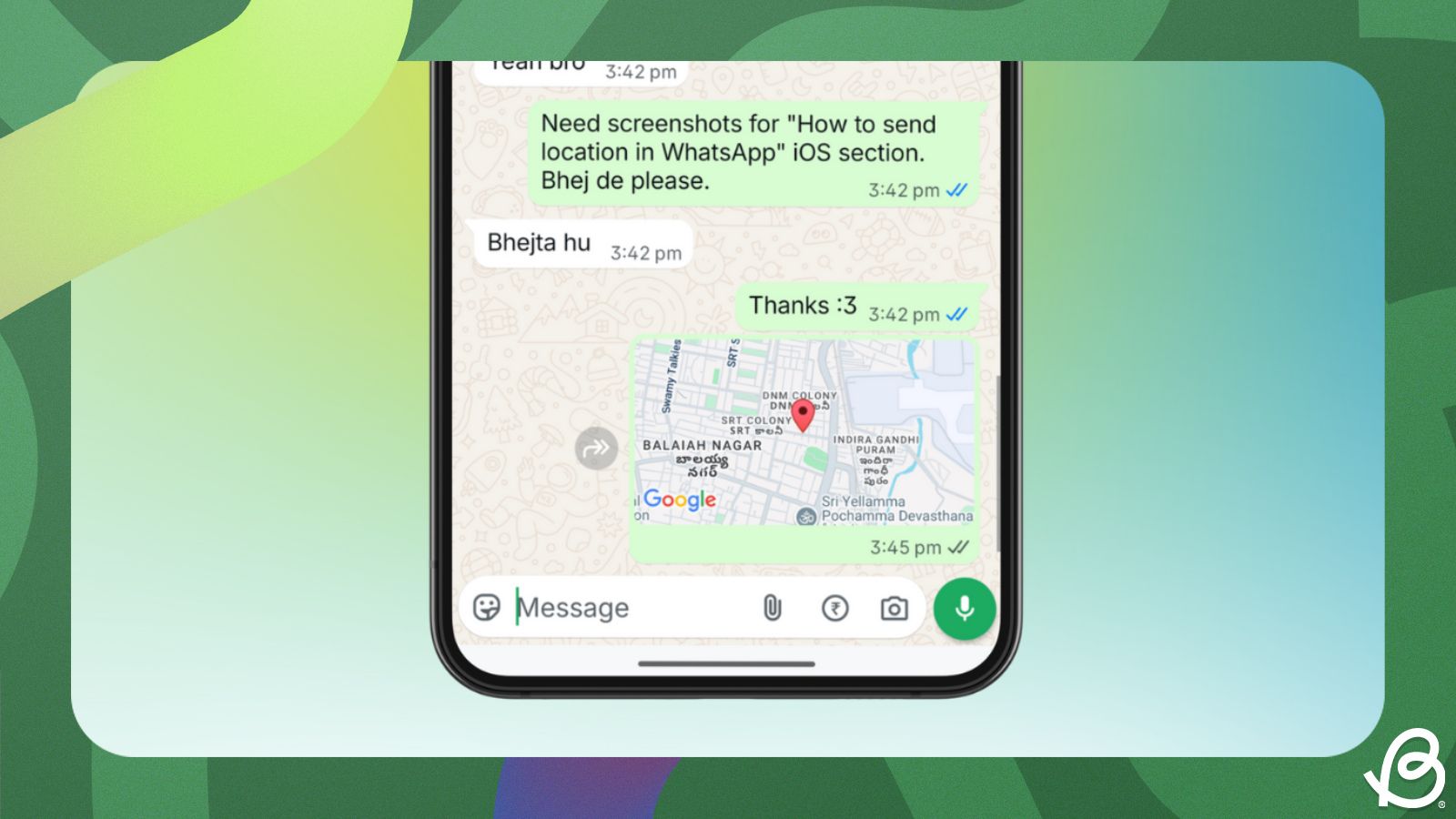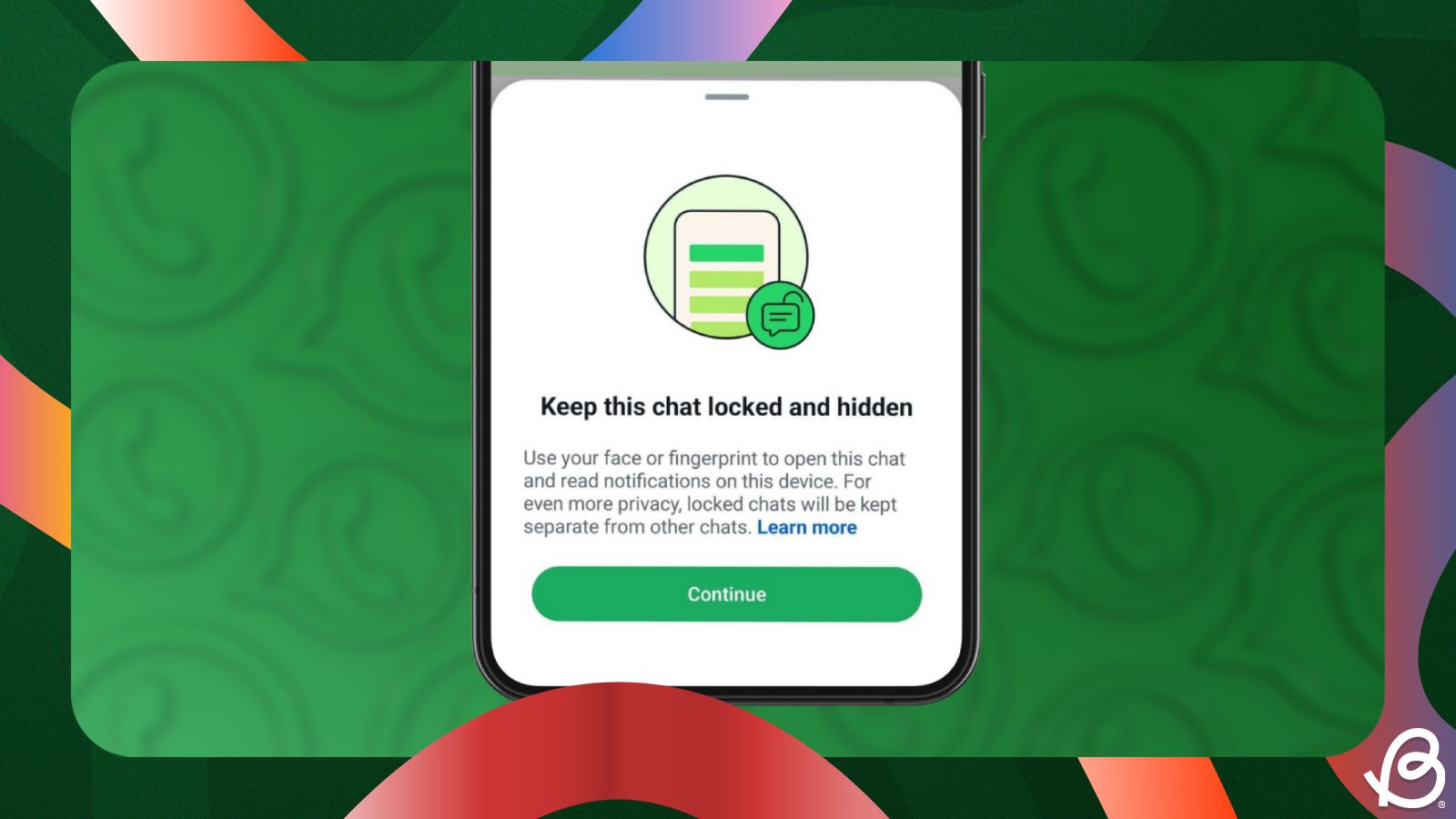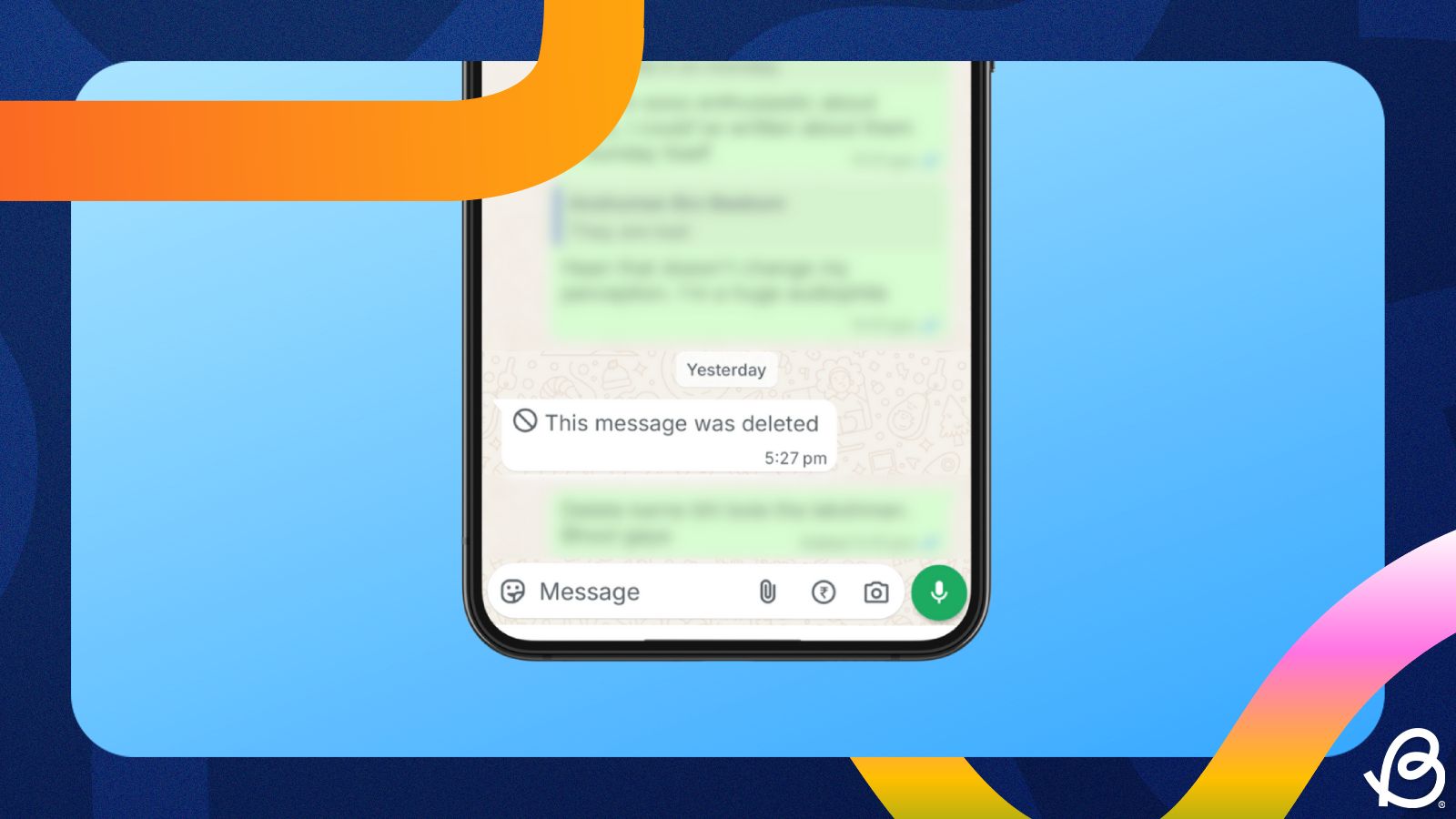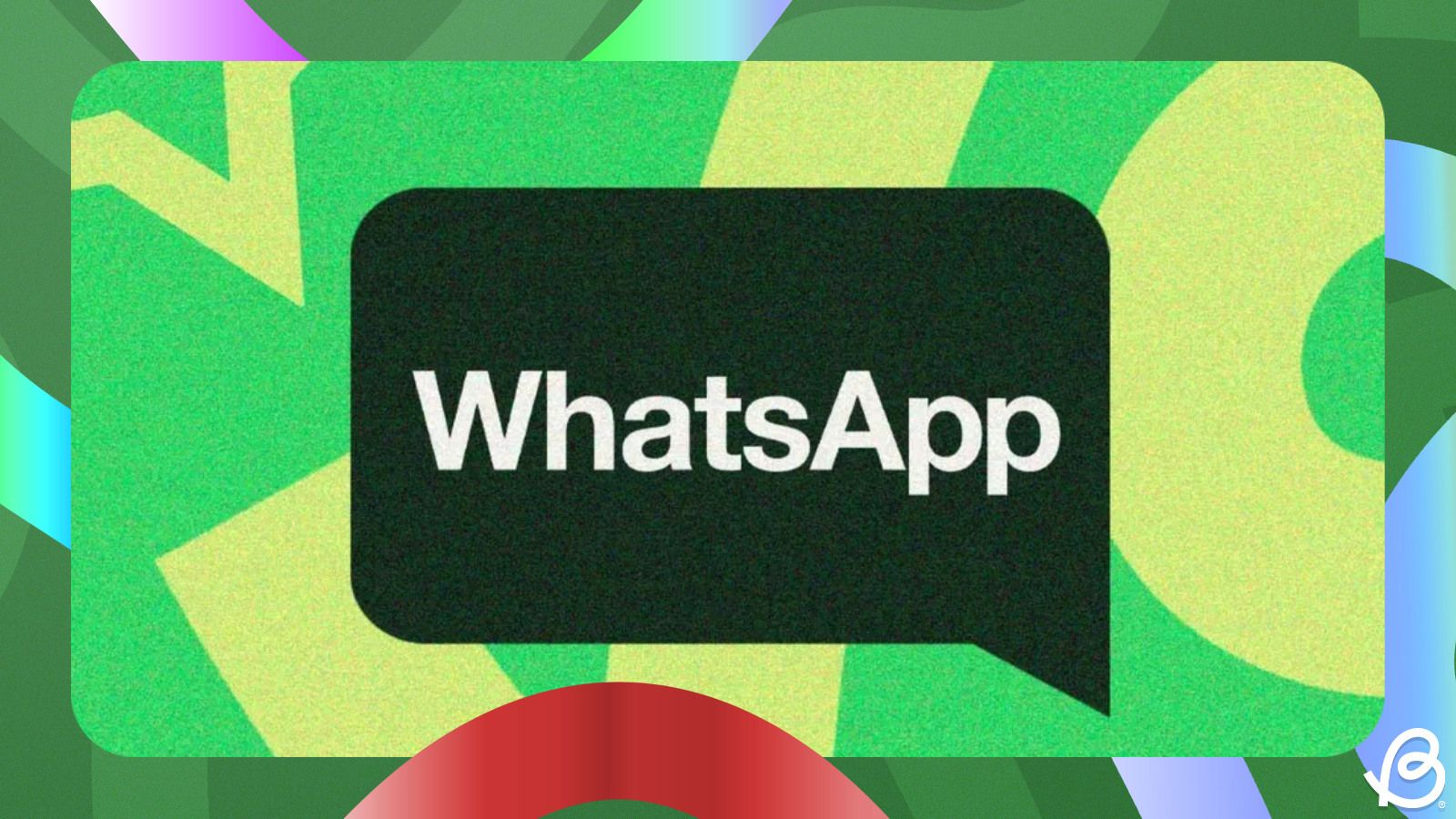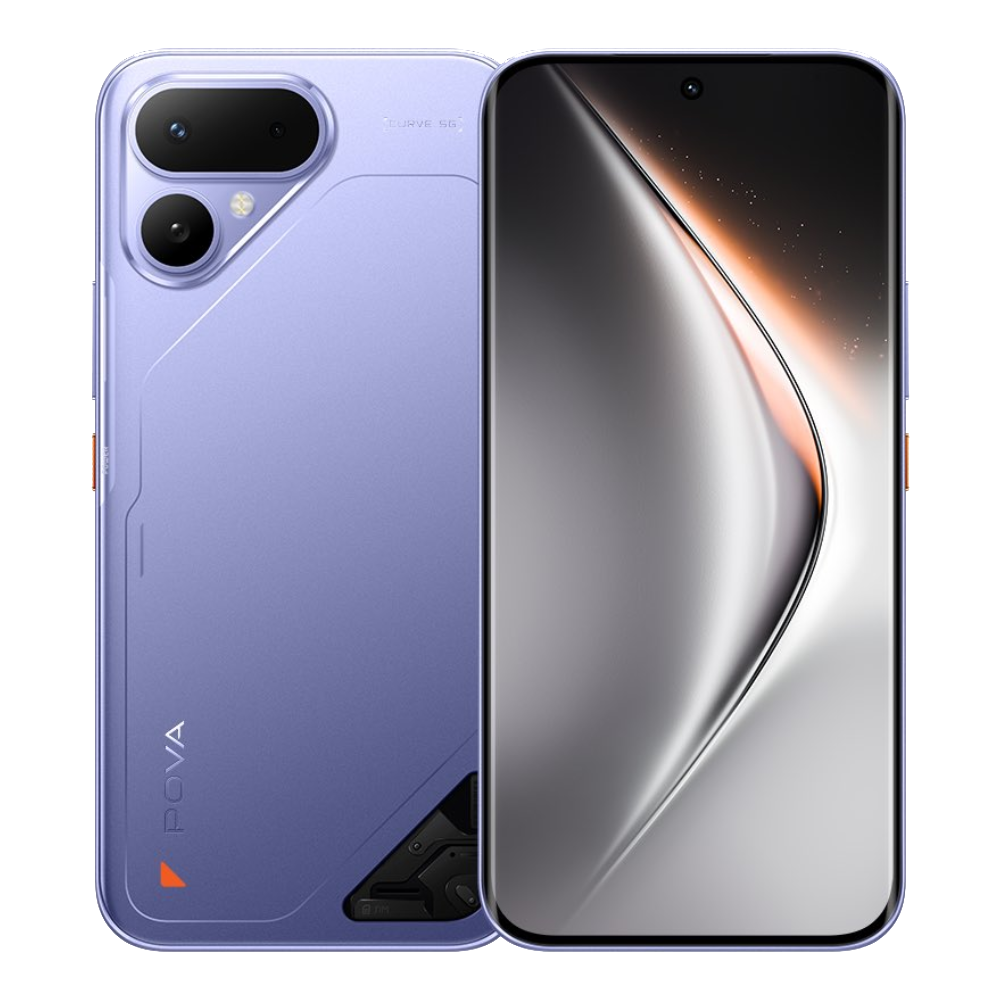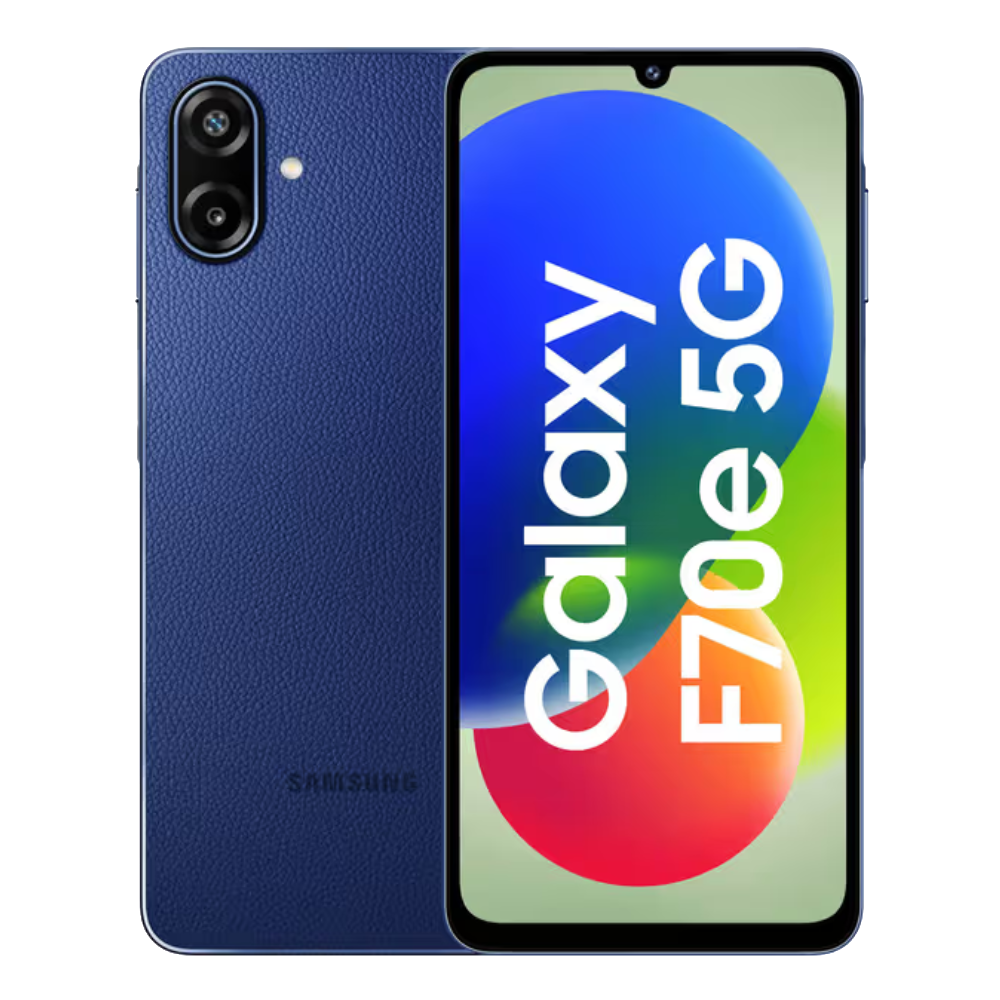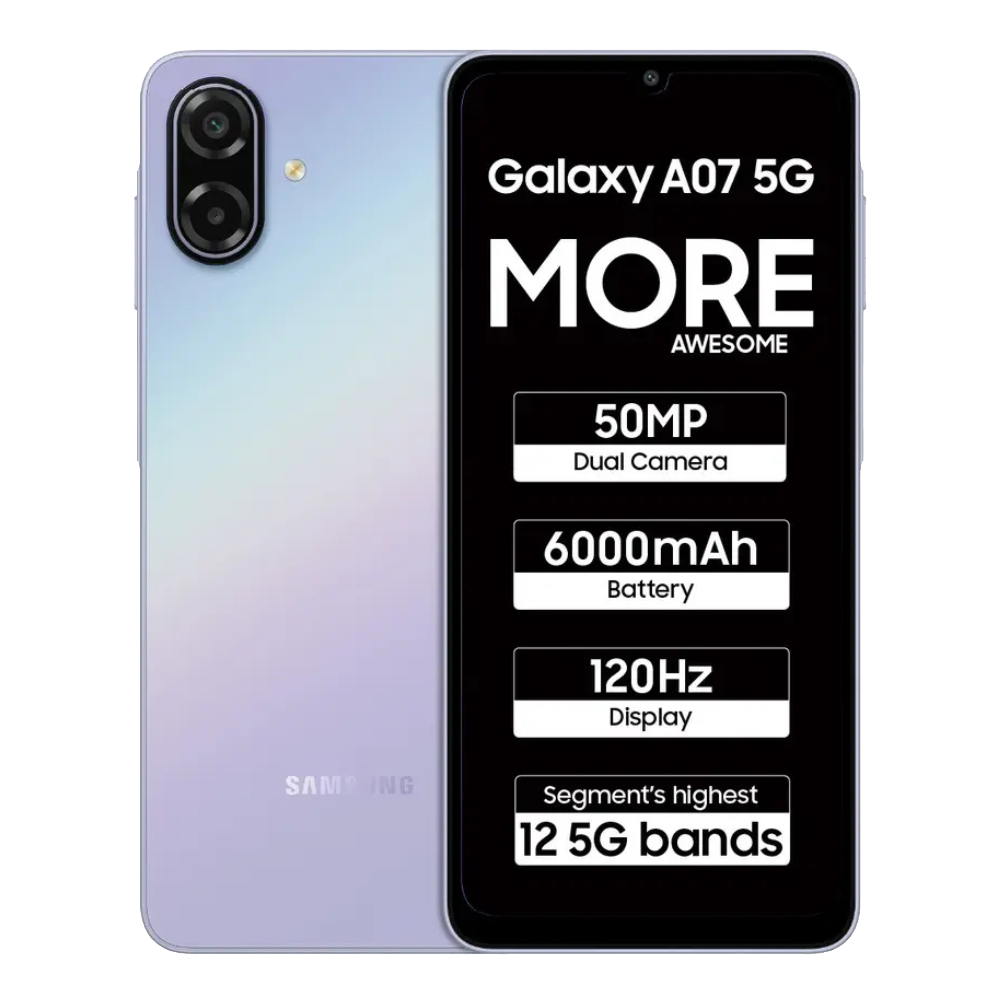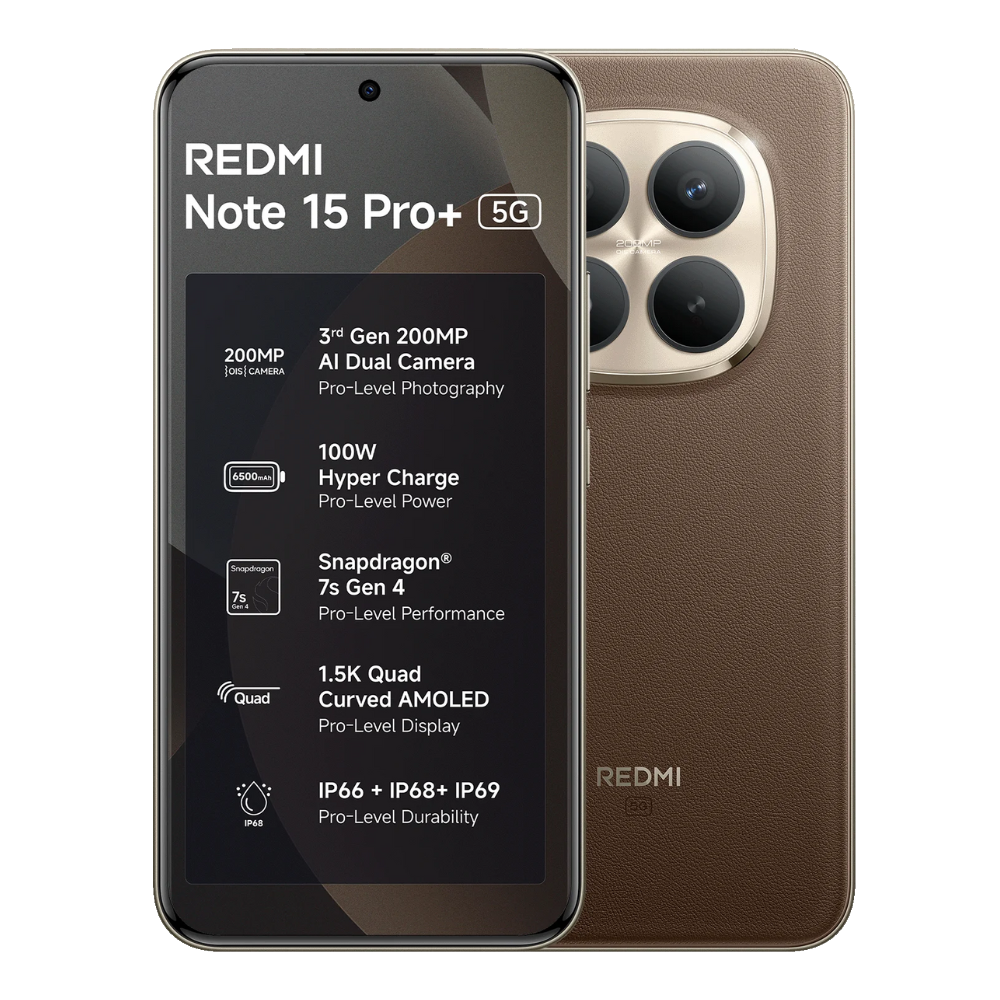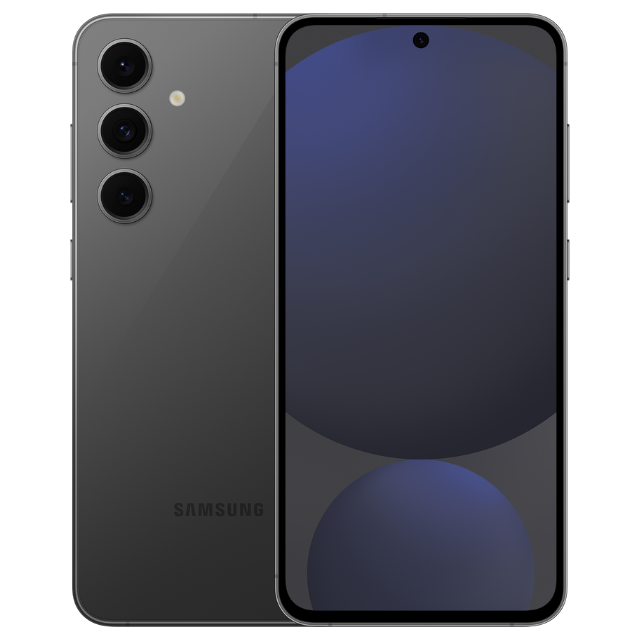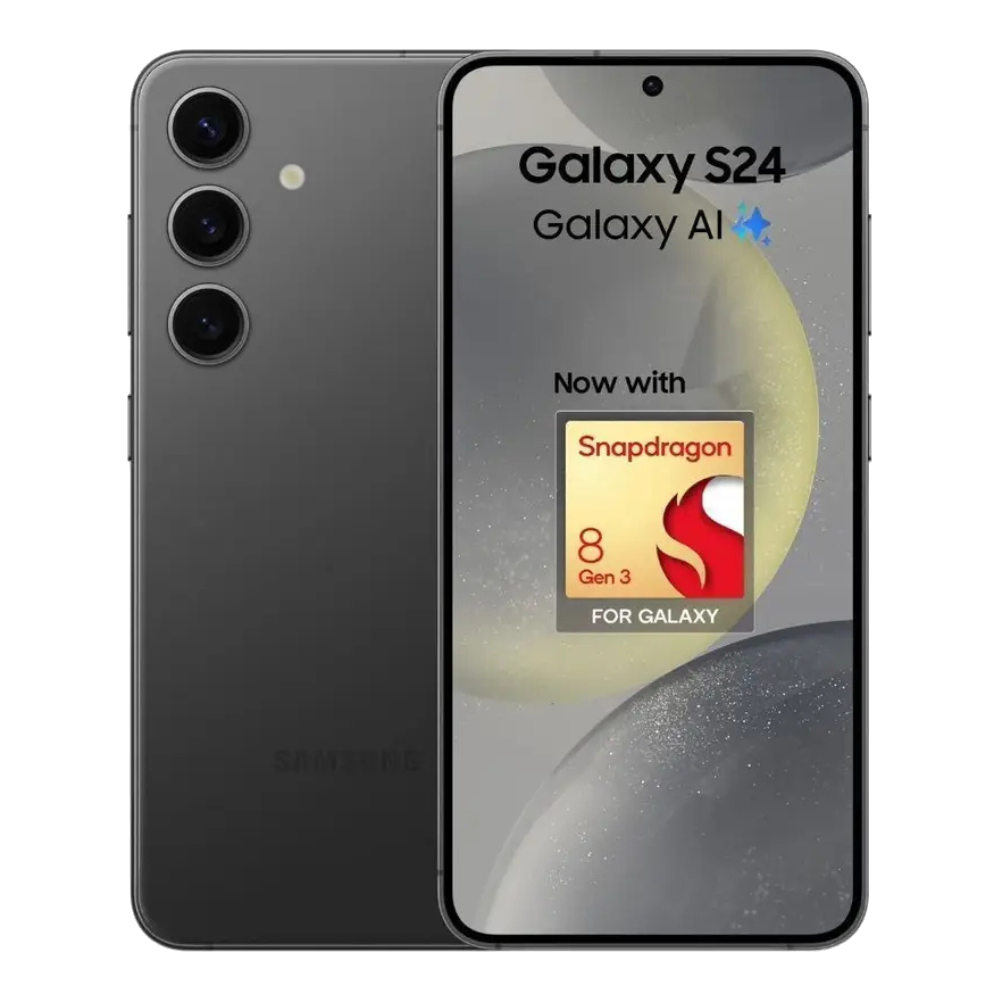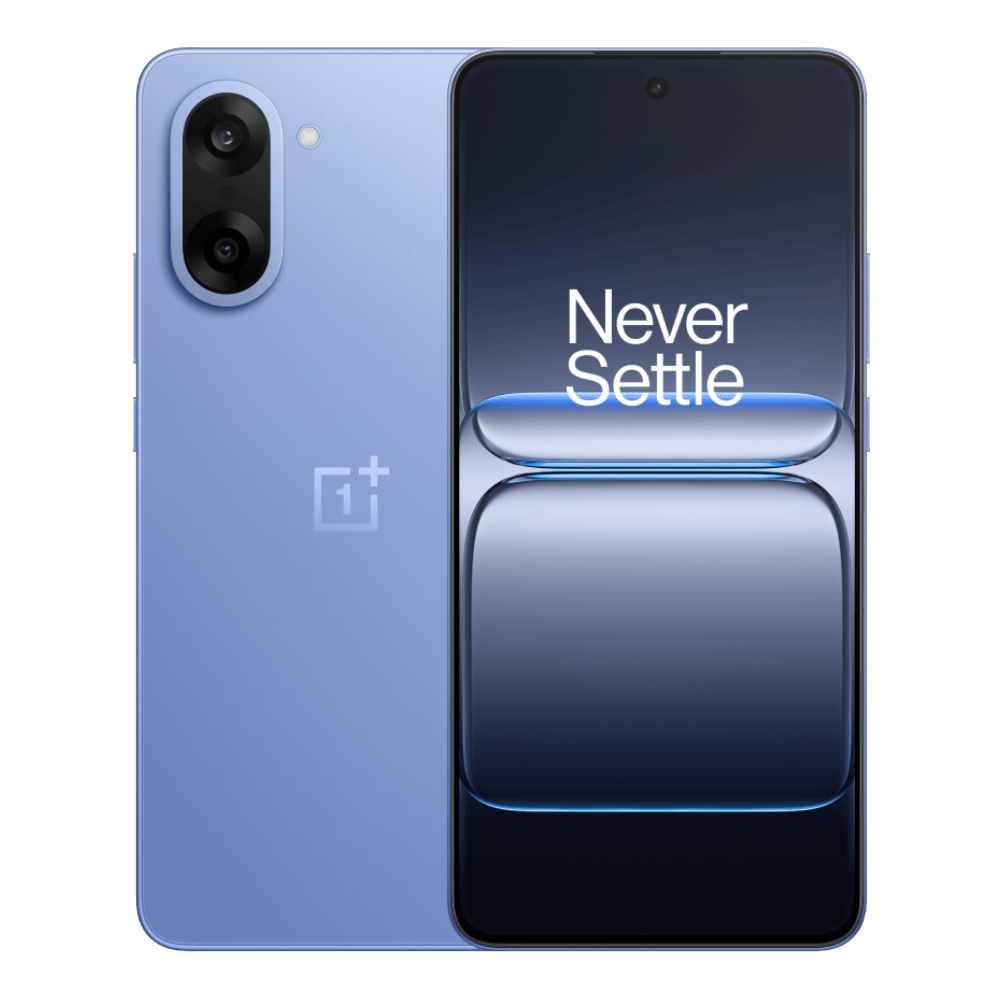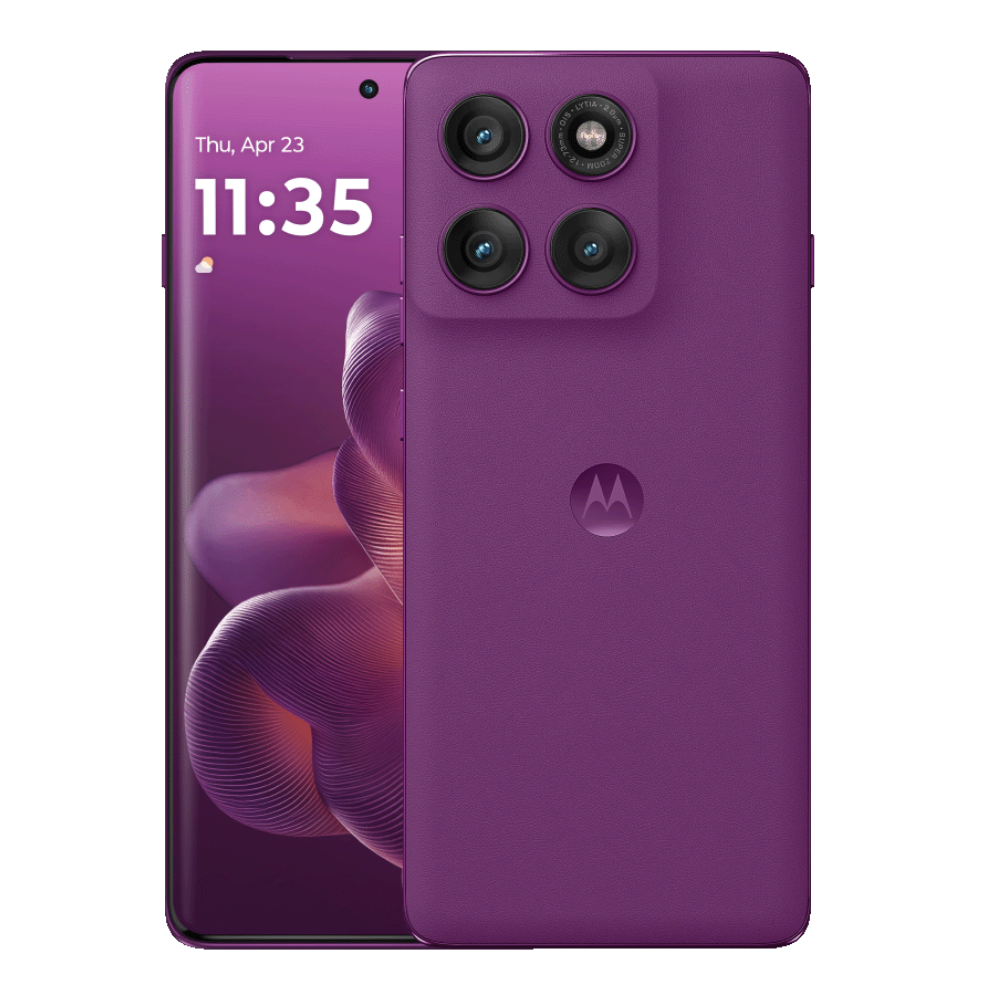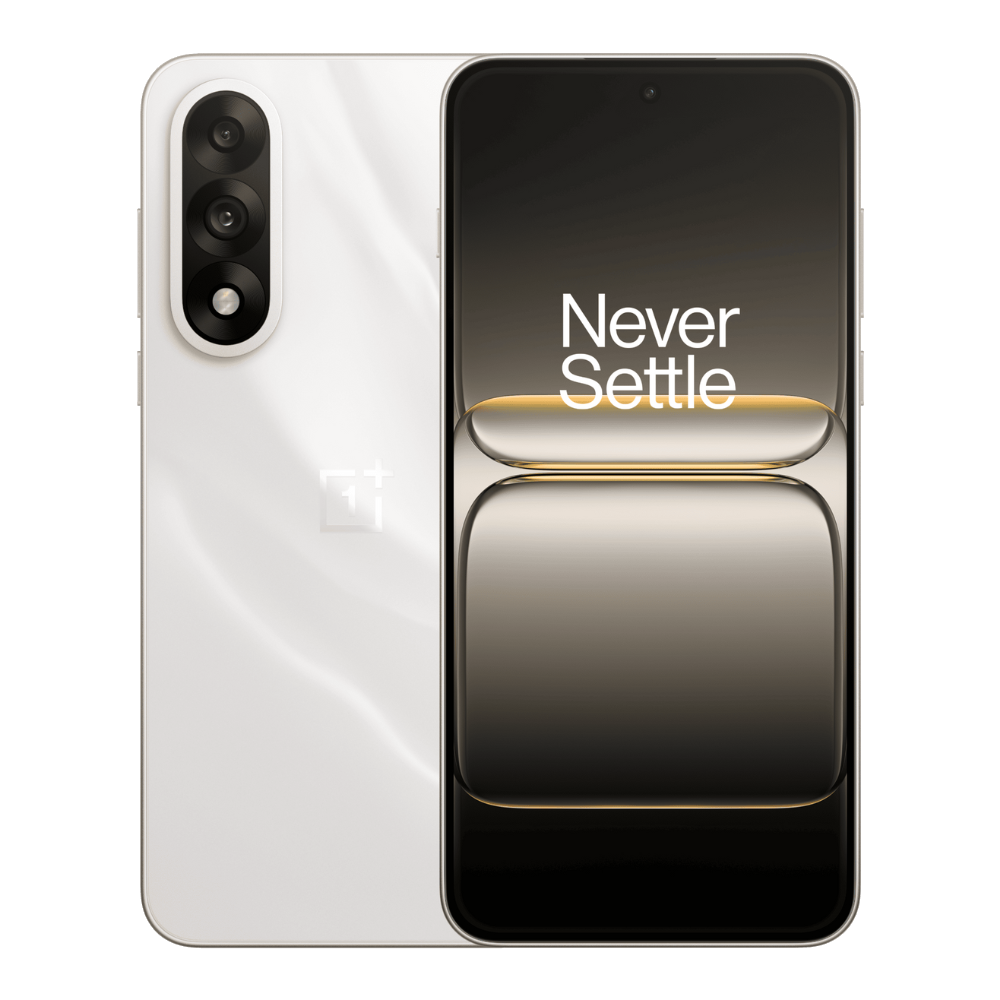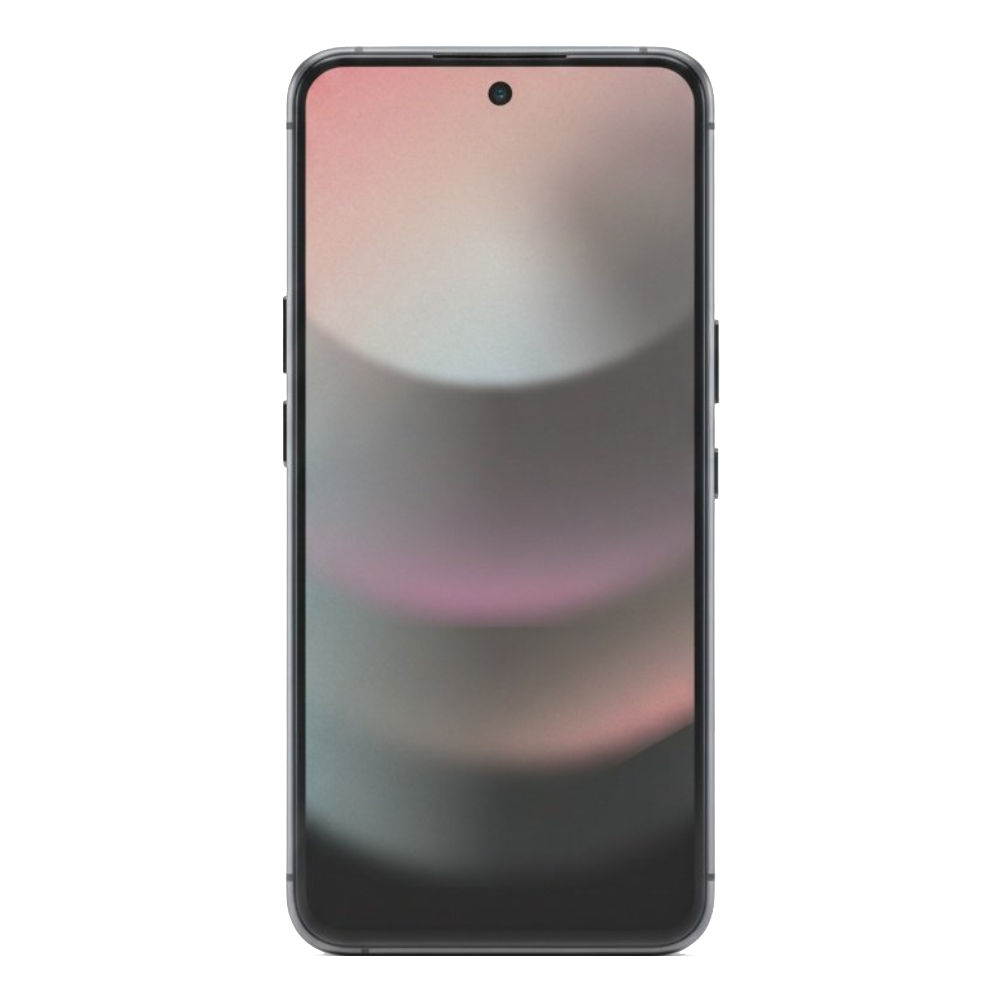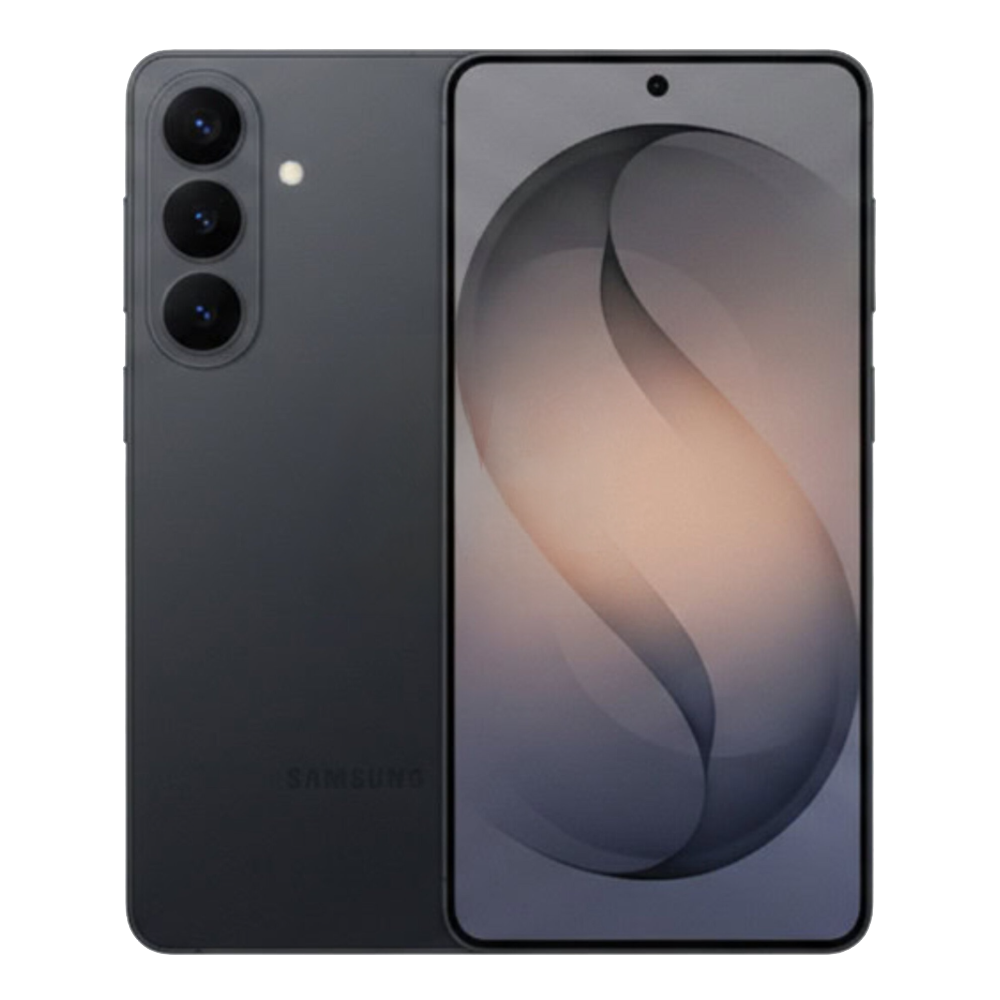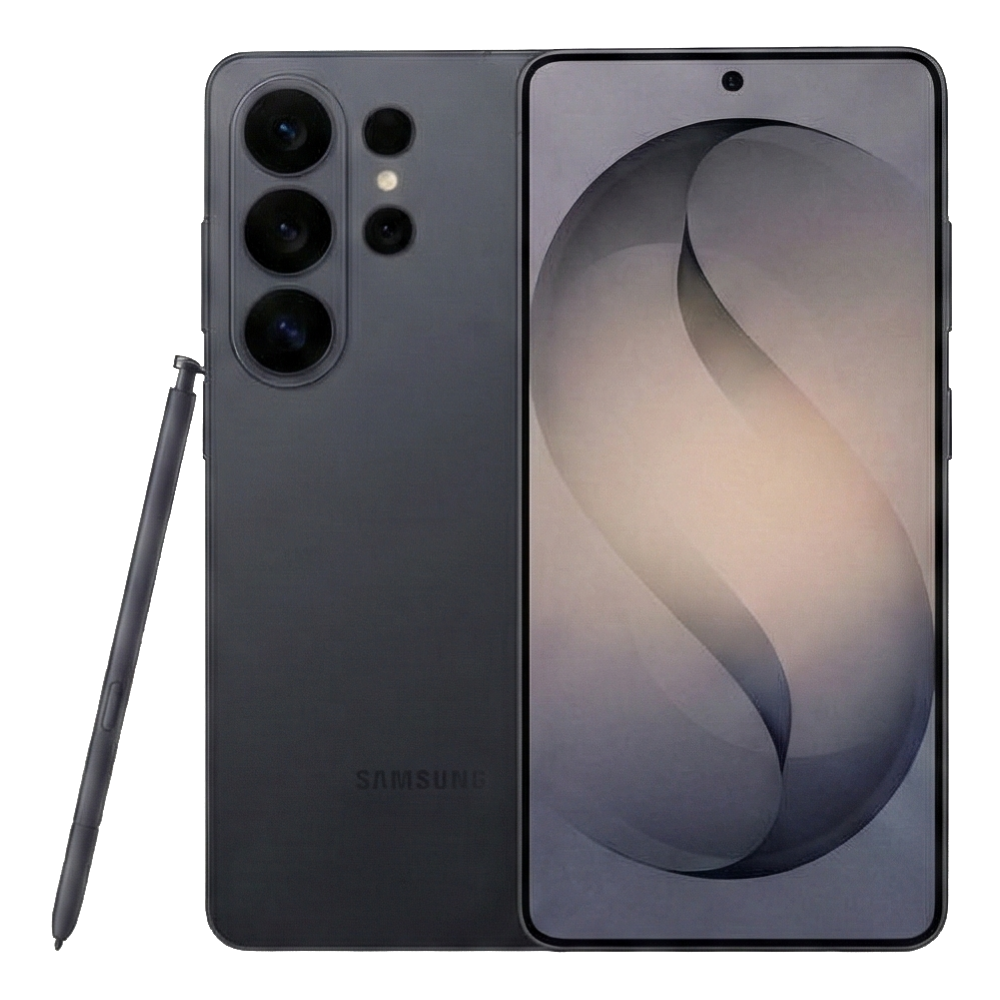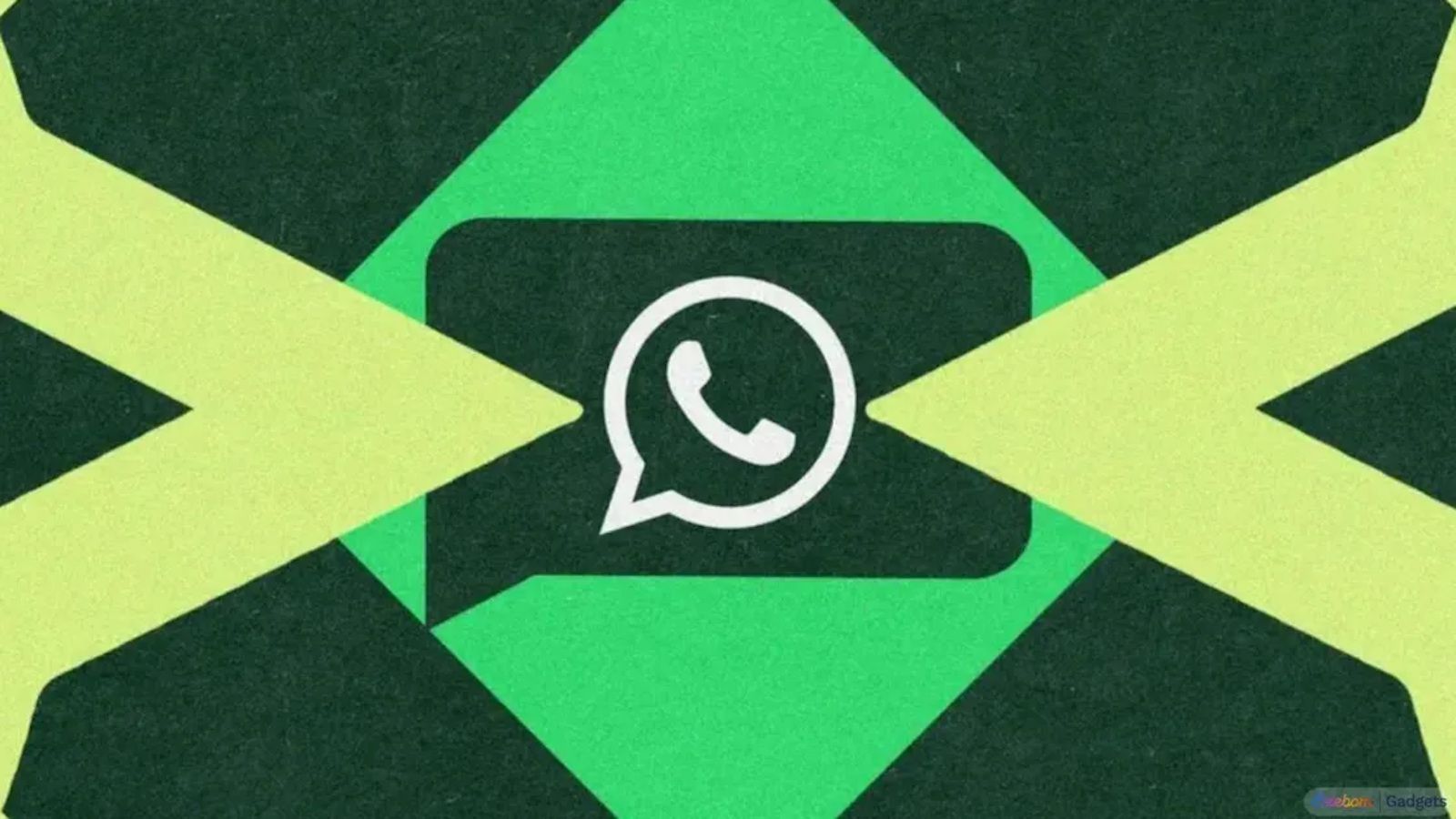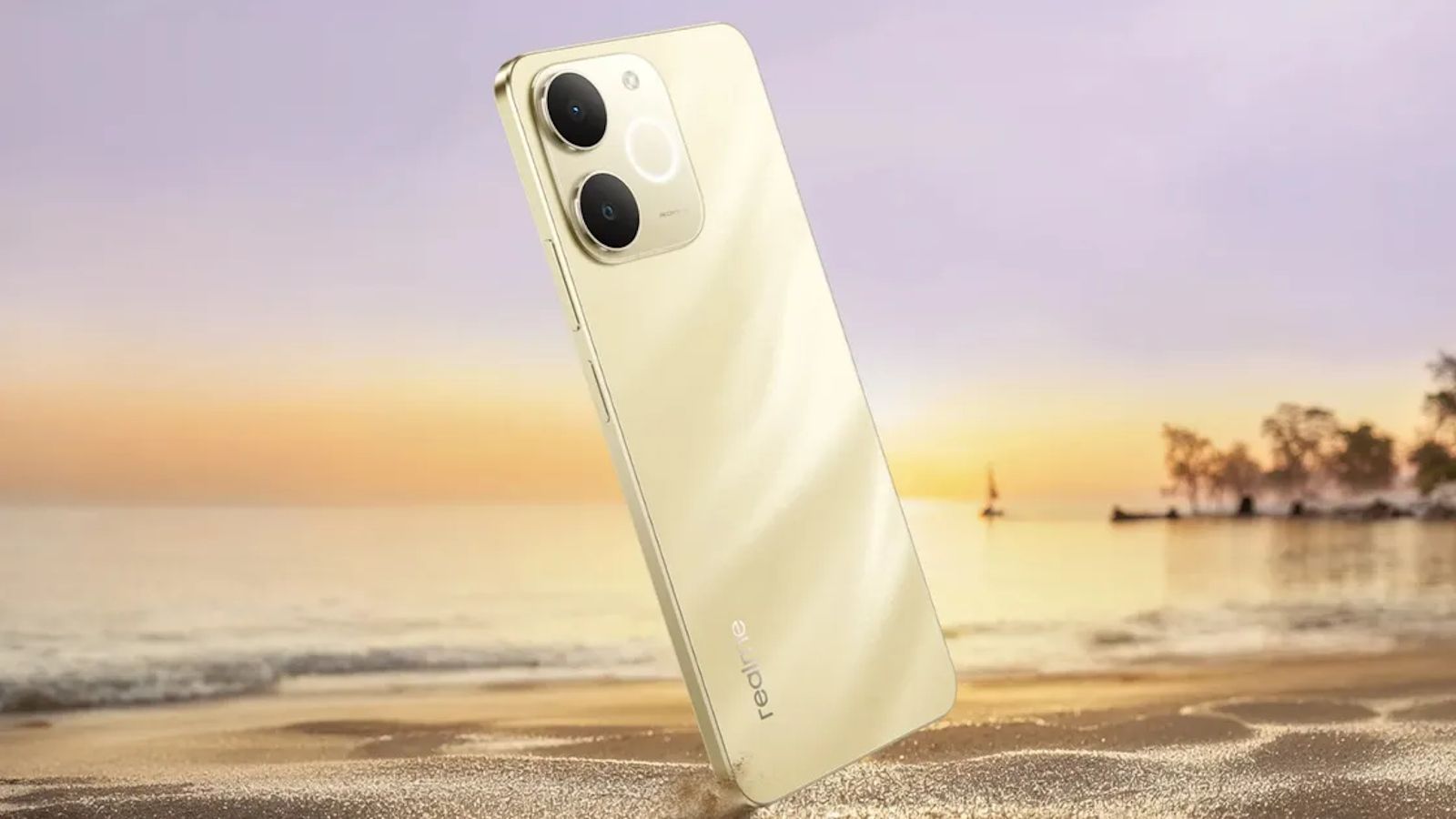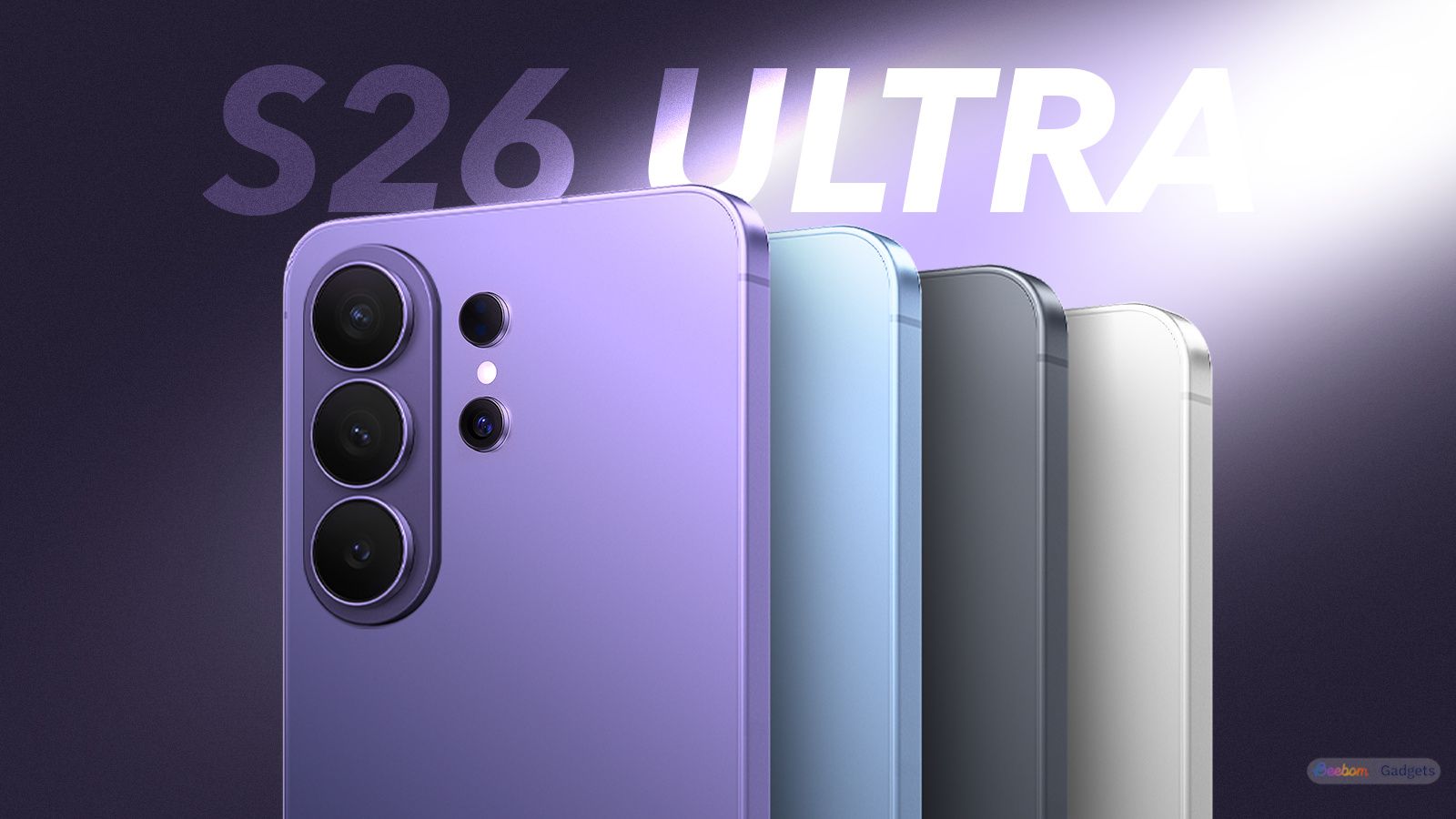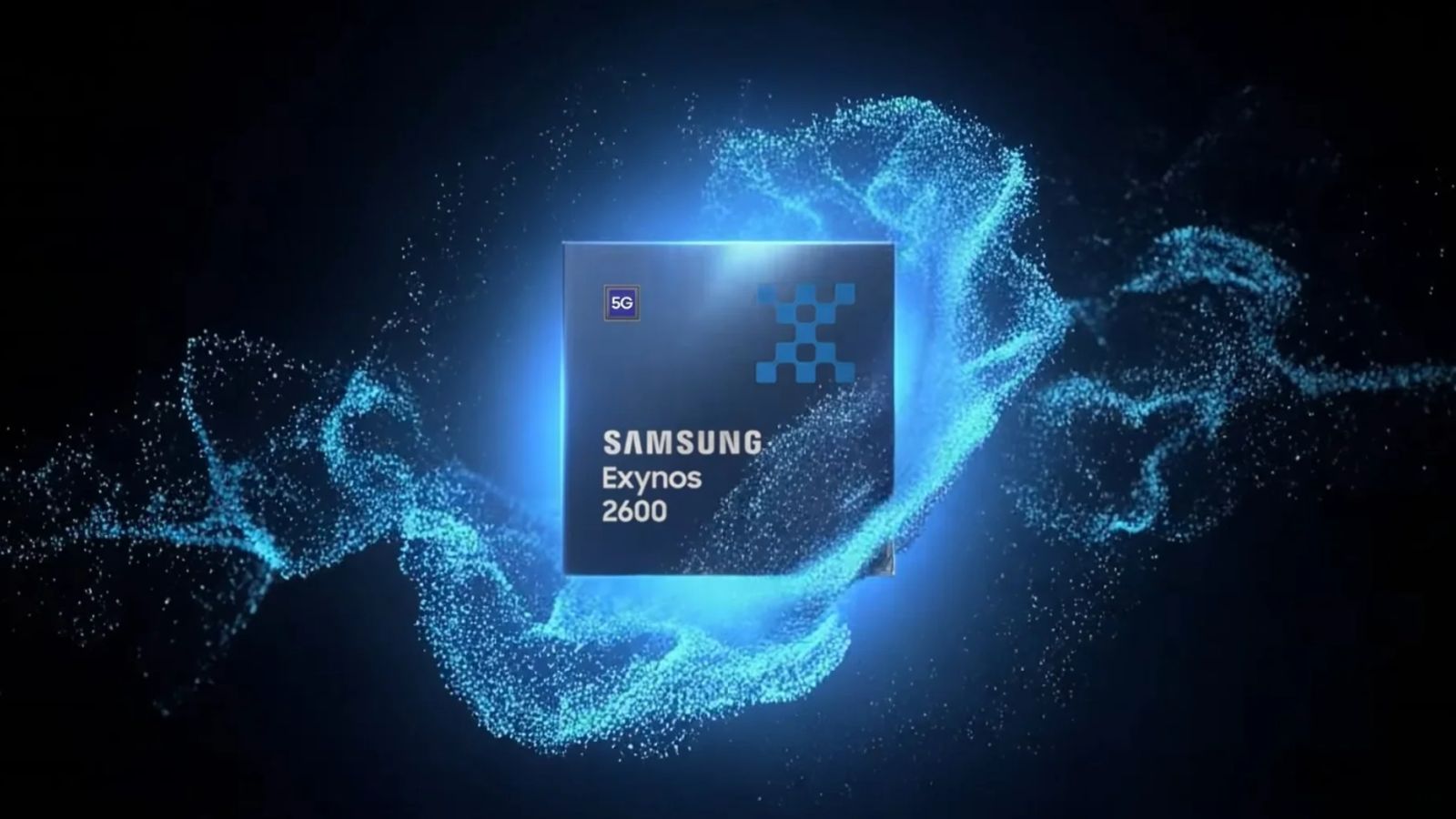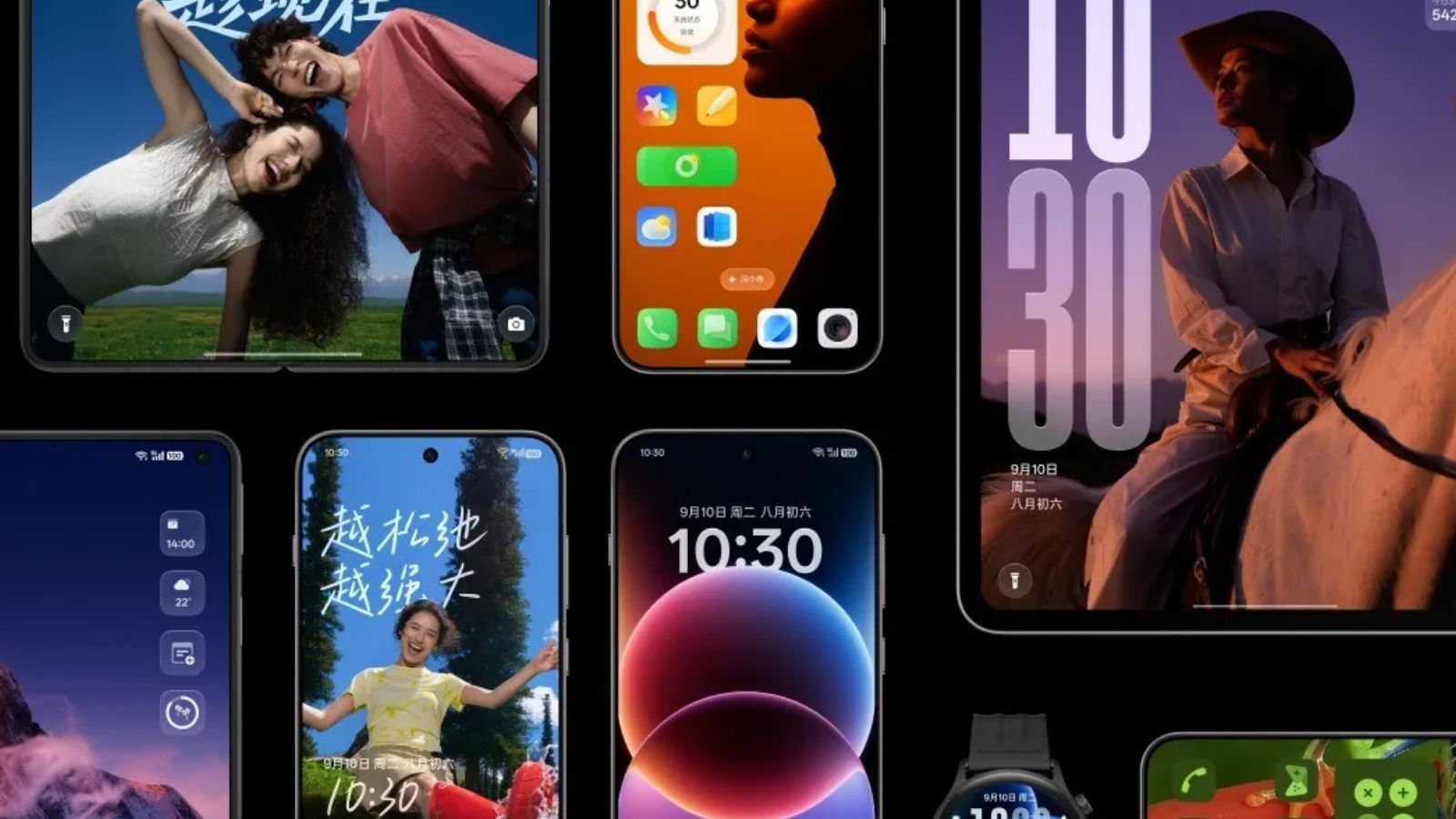With over 3 billion active users, WhatsApp is one of the world's most widely used messaging apps. Throughout the years, it's evolved from more than just a messaging app. However, despite its ubiquity, many still wonder who owns WhatsApp, its origins, original and current owners and revenue model. We're here to tell you all about them.
Who owns WhatsApp now?
WhatsApp is currently owned by Meta Platforms Inc. (formerly Facebook Inc.). Facebook bought WhatsApp in February 2014 for a whopping $19 billion, which is considered one of the biggest tech acquisitions, a tier below Microsoft's acquisition of LinkedIn ($26.2 billion).
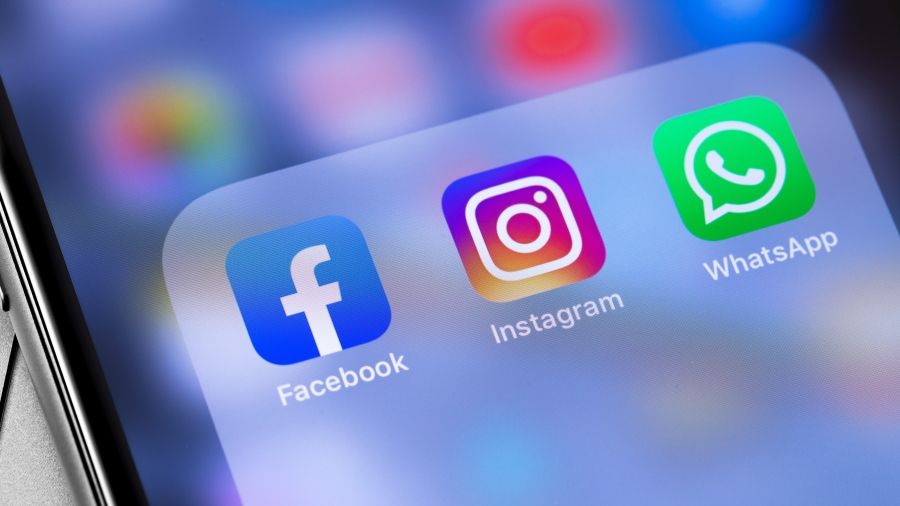
The reason Meta bought WhatsApp was with the aim of dominating the global messaging space, especially in emerging countries like India and Southeast Asia, where the app had largely become a primary source of communication via texting. It now allows users to communicate via various other methods besides texting, and Meta keeps adding new features to the platform.
Besides, the acquisition was also a strategic move to prevent competitors like Google, who had also shown interest in acquiring the platform. Lastly, Facebook (now Meta) wanted to extend its reach in mobile communications beyond Facebook, and WhatsApp's already extensive and growing user base has helped it achieve the same.
Who founded WhatsApp?
WhatsApp was created by two former Yahoo! employees – Jan Koum and Brian Acton. They founded WhatsApp in 2009 with the aim to offer a simple, private and ad-free messaging experience.
Interesting fact: WhatsApp's commitment to user privacy, before it was bought by Facebook, was influenced by Jan Koum, who grew up in Ukraine under surveillance. Prior to WhatsApp, Jan and Brian handled advertising and backend systems at Yahoo.
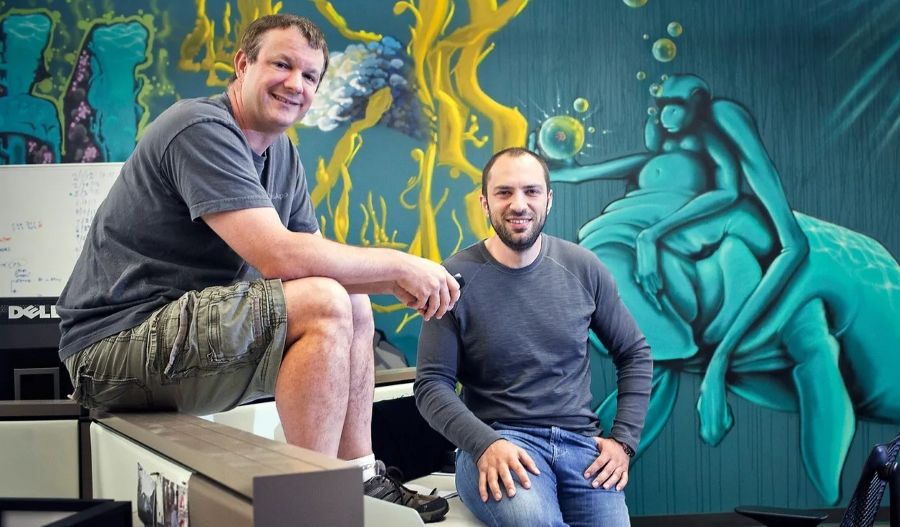
The idea was first proposed by Jan Koum when he bought an iPhone and saw the potential behind push notifications, which Apple had just introduced. Originally, the idea was to develop an app that only showed status updates, hence the name "What's up?" (WhatsApp). However, the platform turned into a fully-fledged messaging platform, liked by billions around the globe.
After WhatsApp's acquisition by Facebook (now Meta) in 2014, Acton left in 2017, criticising Facebook for compromising user privacy. Koum left a year later after an internal dispute related to encryption and monetisation. Brian Acton then funded $50 million to launch a WhatsApp alternative called Signal.
How much money does WhatsApp make?
Since there are no ads on WhatsApp, the platform doesn't directly earn anything. A huge chunk of the revenue comes from WhatsApp's Business API, which charges businesses for International authentication messages, marketing and domestic authentication messages.
The pricing varies in different markets. The platform doesn't disclose its earnings, but various statistics suggest it earned Meta around $1.7 billion in 2024, a mere drop in Meta's $47.52 billion ocean of earnings in the same year. Business Insider suggests Meta's total non-ad revenue (with WhatsApp contributing the most) accounted for a whopping $434 million in Q3 2024.
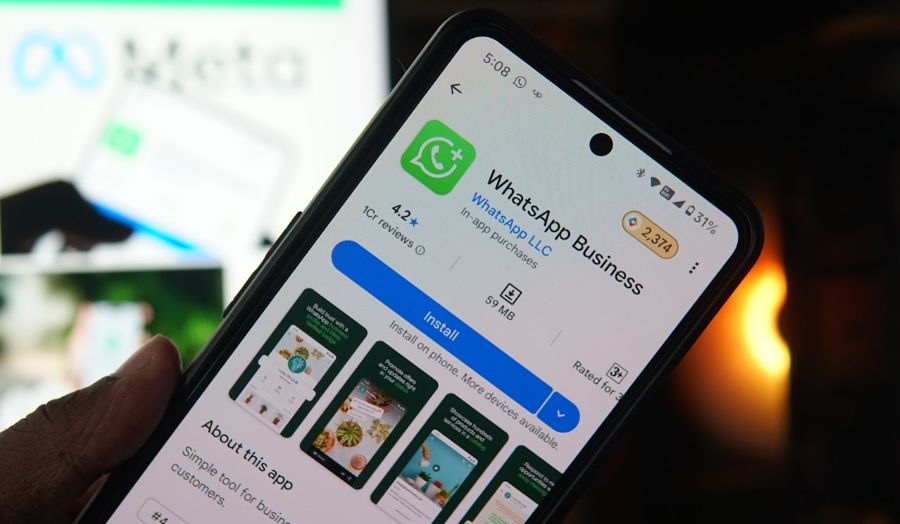
With WhatsApp exploring the idea of pushing ads in the updates tab and growing its business API, the earnings are estimated to shoot to $10 billion a year by 2028. That's not all, Meta is also rumoured to charge merchant fees for payments, and additional charges for premium business tools down the line.
For those unaware, WhatsApp Business API is used by, well, businesses. These include e-commerce platforms, banks and brands who use it to keep users up-to-date with important updates related to their accounts or to deliver marketing or promotional messages.
Not only that, but Businesses on WhatsApp can also ask users for feedback or send interactive messages, using which users can, for example, reschedule a delivery or add a rating for their order. Here are a few examples of the same.
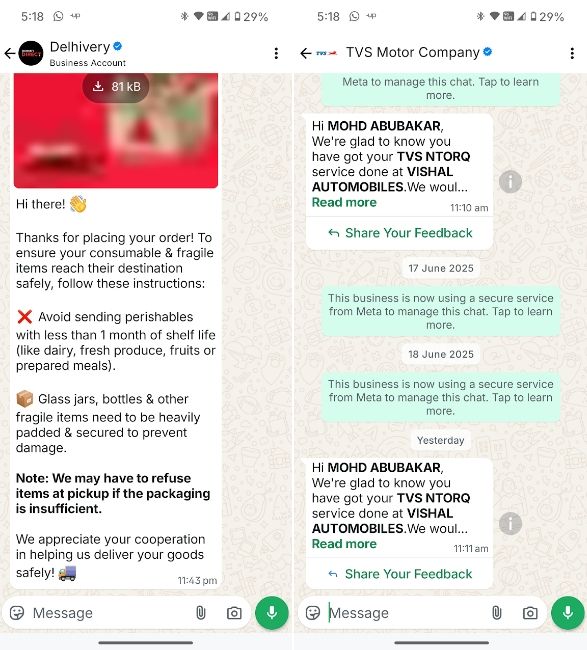
Some services may also use it to deliver authentication messages like OTPs and codes for users to sign in to their accounts. WhatsApp clearly states the amount it charges per message, which, in India, is Rs 0.15 for promotional messages, Rs 0.78 for domestic authentication messages and Rs 2.30 for international authentication messages.
Meta sees WhatsApp as a core pillar of its business messaging strategy to reach wider audiences, especially in areas where Ads aren't the best way to market things. In the future, it might further help Meta broaden its financial services and AI-based business tools.
As Meta continues to experiment with new ways to monetise WhatsApp, the platform is expected to evolve significantly in the coming years. However, the future could be a delicate balance between monetisation and user trust.
The platform has been treading this line carefully, especially in privacy-conscious markets. All things considered, it's clear that WhatsApp is no longer just a messaging app – it's a business in itself.


